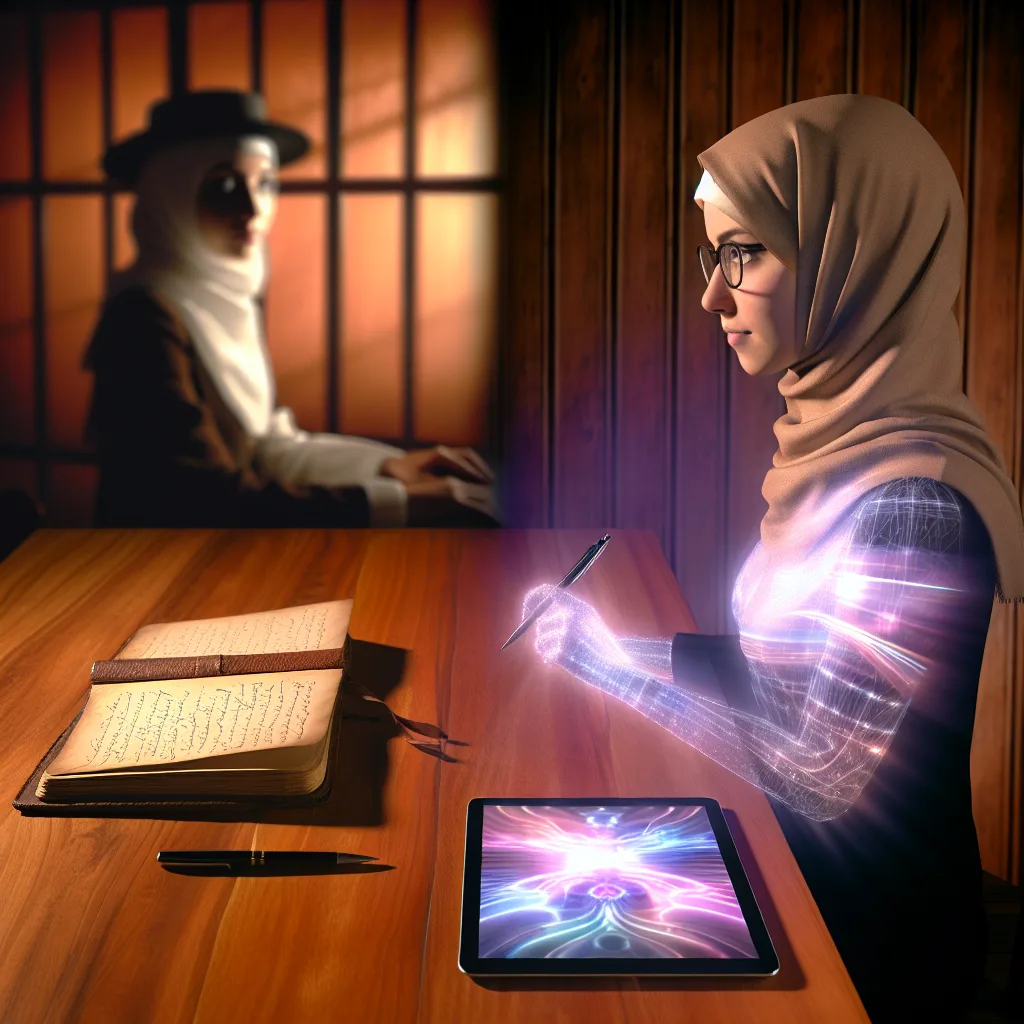It’s the ultimate productivity hack. But where do we draw the line between a helpful shortcut and a crutch that stops us from learning?
I spent the better part of a year wrestling with the same clunky spreadsheet for my small business. It did the job, mostly. But recently, I pointed ChatGPT at it and in a few hours, it had been completely transformed with formulas, automations, and slick features I didn’t even know were possible in Excel. It was incredible.
But it also sparked a nagging question. Building that spreadsheet myself would have taken ages of learning and practice. I just… skipped all that. It got me thinking seriously about the fine line when it comes to using AI as a tool. When does it stop being a smart shortcut and start becoming a crutch that stops us from learning?
It’s a question that pops up everywhere once you start looking for it.
Using AI as a Tool: The Ultimate Shortcut?
My spreadsheet overhaul is a perfect example of AI at its best. My goal wasn’t to become an Excel wizard; my goal was to track sales efficiently. The spreadsheet was just a means to an end. AI helped me get to the outcome faster, saving me time and mental energy for parts of my business where my human skills actually matter.
In these cases, using AI feels like a no-brainer. It’s like using a calculator for complex math instead of doing it by hand. The goal is the answer, not the process of long division. Why shouldn’t we automate the tedious tasks that stand between us and our real objectives? This is where AI excels—as a powerful assistant that handles the grunt work.
But What Happens When the Process Is the Point?
Then I think about something like cooking. I could easily ask an AI to generate a weekly meal plan, create a shopping list, and even give me step-by-step instructions for a recipe. It feels similar to the spreadsheet problem, right?
Except, it’s not. For many, the joy of cooking isn’t just about having a meal at the end. It’s about the process itself. It’s the skill of learning how flavors work together, the feel of dough in your hands, the happy accidents that lead to a new favorite dish. If an AI “just does it” for me, I miss out on all of that. I get the output (dinner) but I don’t gain the skill or the satisfaction.
It’s in these moments that leaning too heavily on AI feels less like a shortcut and more like a missed opportunity to learn and grow a valuable life skill.
AI in Education: A Helper or a Hindrance?
This debate gets even more intense when we talk about students and learning. It’s pretty clear that having an AI write your essay for you is cheating. But the gray area is huge.
What about using AI to gather and summarize research articles? On one hand, it’s a massive time-saver. On the other, it allows the student to skip the critical process of searching for sources, evaluating their credibility, and synthesizing information themselves. Those are foundational skills for critical thinking that last a lifetime. As experts from the Foundation for Critical Thinking emphasize, learning to think critically involves actively and skillfully conceptualizing, applying, and analyzing information. When AI does the heavy lifting, it’s fair to ask if we’re preventing our brains from getting a necessary workout.
So, How Do You Decide on Using AI as a Tool?
Even writing this post, I used AI to help organize my messy brainstorm into a more coherent outline. A part of me wondered if I was weakening my own writing skills. But I landed on feeling like it’s just an evolution of the tools we’ve always used. It’s like Grammarly or a spell-checker, just on a much more powerful scale. It helps me refine and structure my thoughts, not create them from scratch.
Ultimately, I don’t think there’s a single, clean answer. This same debate has happened with every major technological leap, from the calculator to the internet. As this Forbes article points out, AI can be a partner in the creative process, not just a replacement.
For me, it comes down to a simple question: Is the process itself a skill I want or need to learn?
- For my business spreadsheet, the answer was no. The outcome was all that mattered.
- For cooking a new recipe, the answer is yes. The experience is the reward.
- For learning, the answer is almost always yes. The struggle is how we grow.
There’s a balance to be struck. We can embrace AI to make our lives easier and more efficient without letting it erode the skills that make us capable, creative, and curious humans.
How are you personally deciding when to use AI and when to stick to your own brain power?
